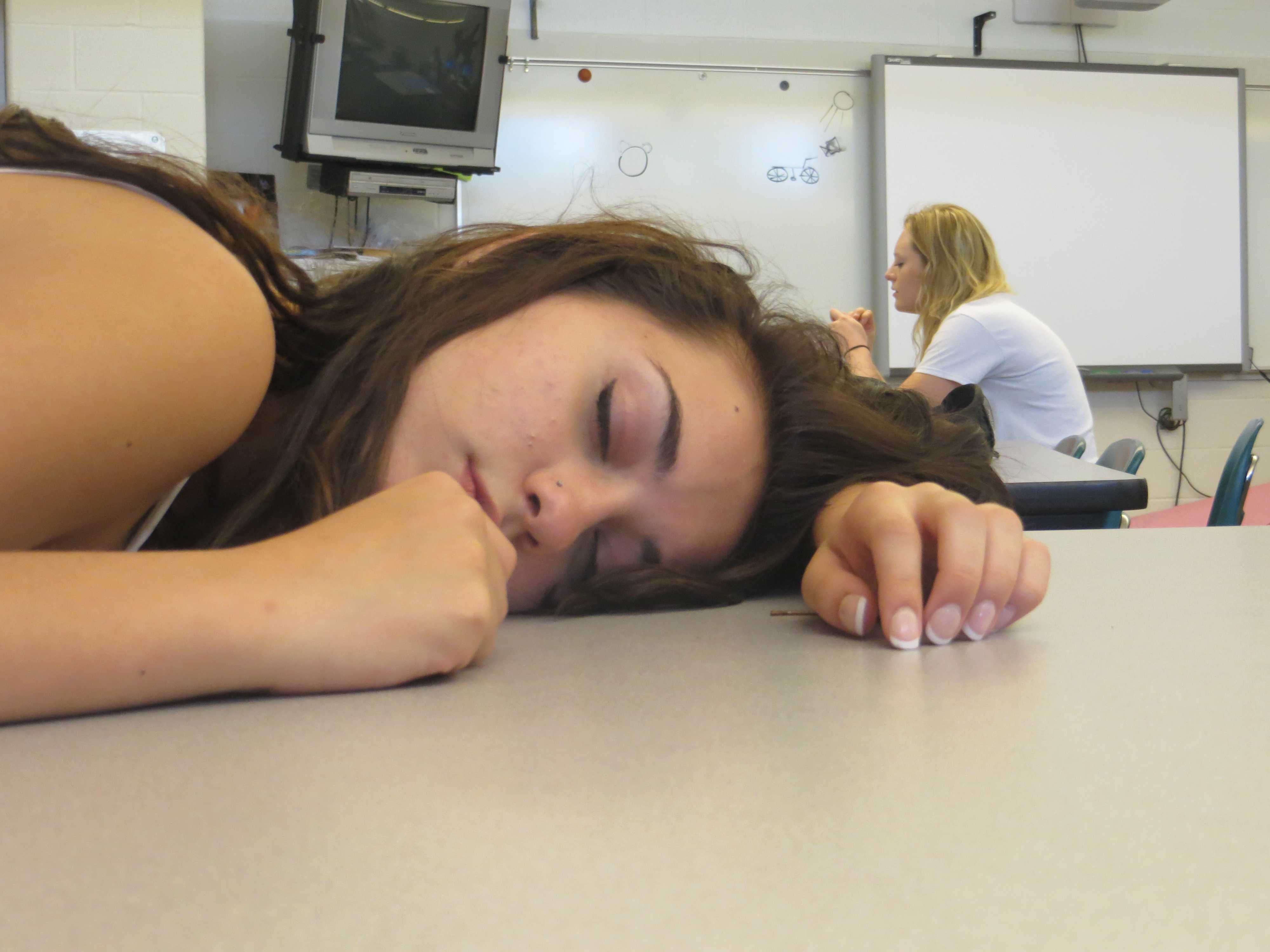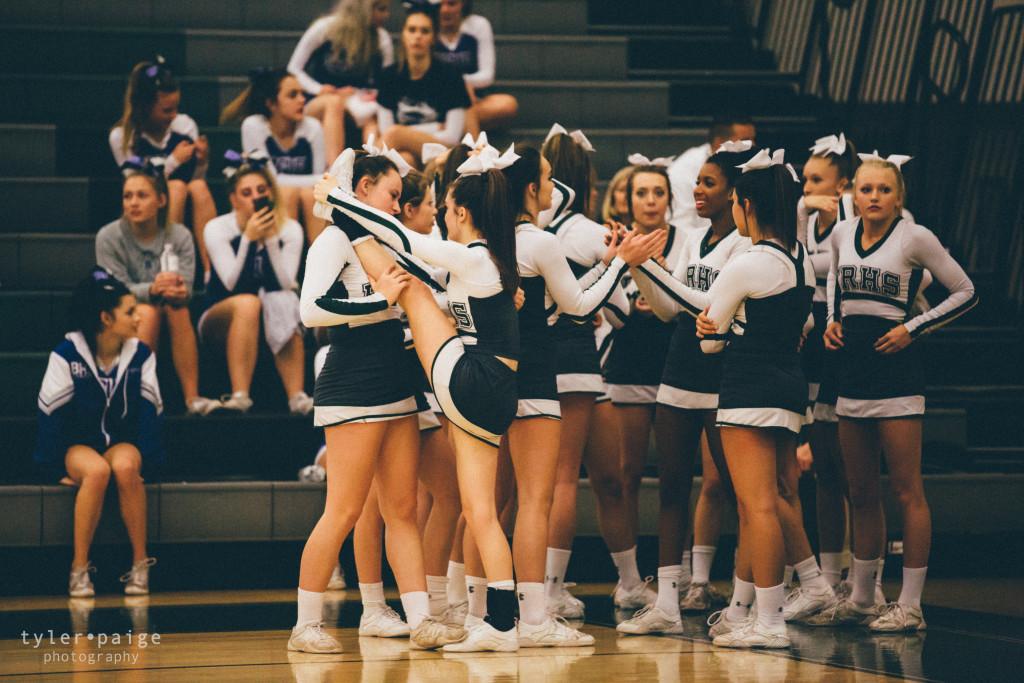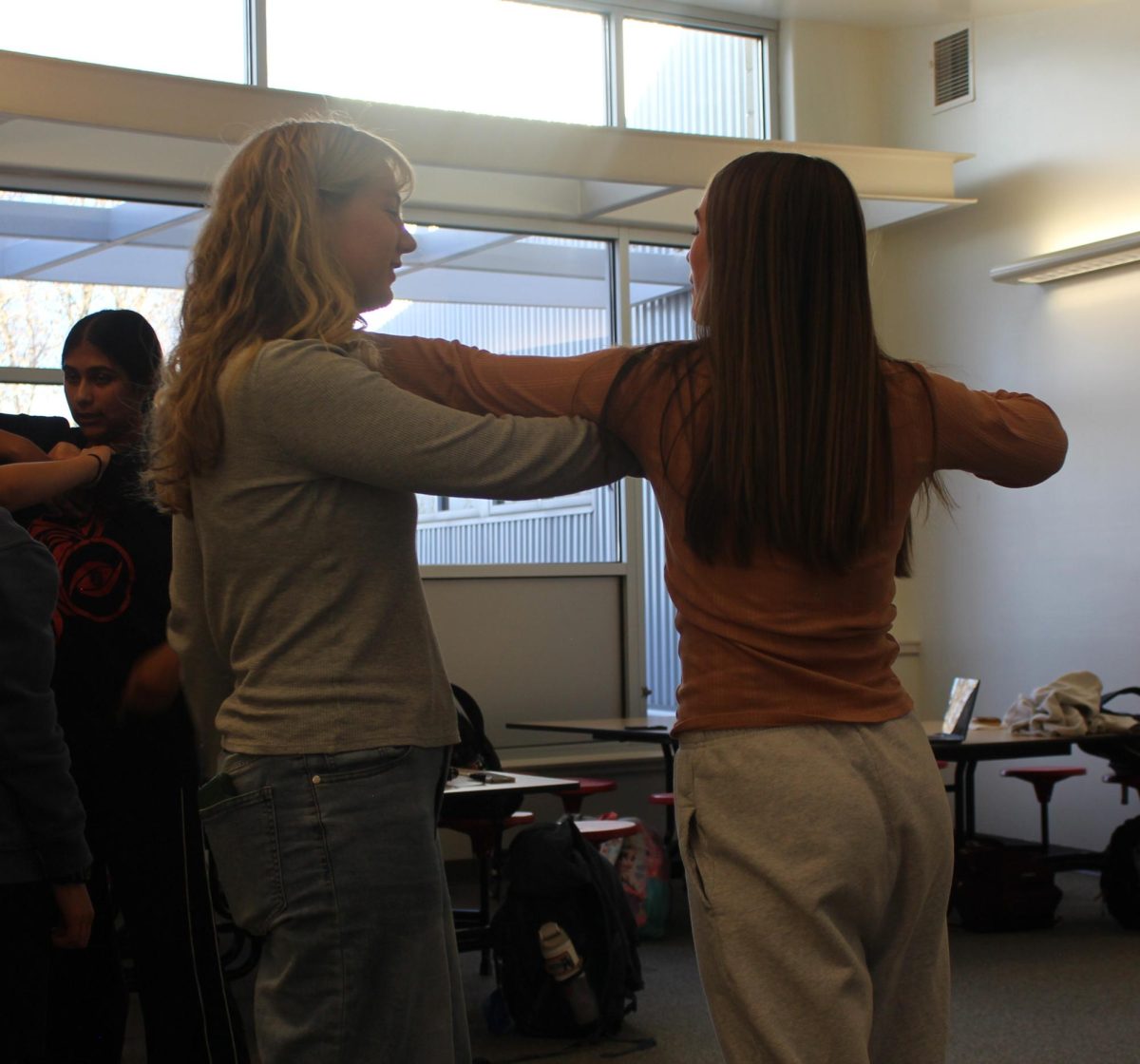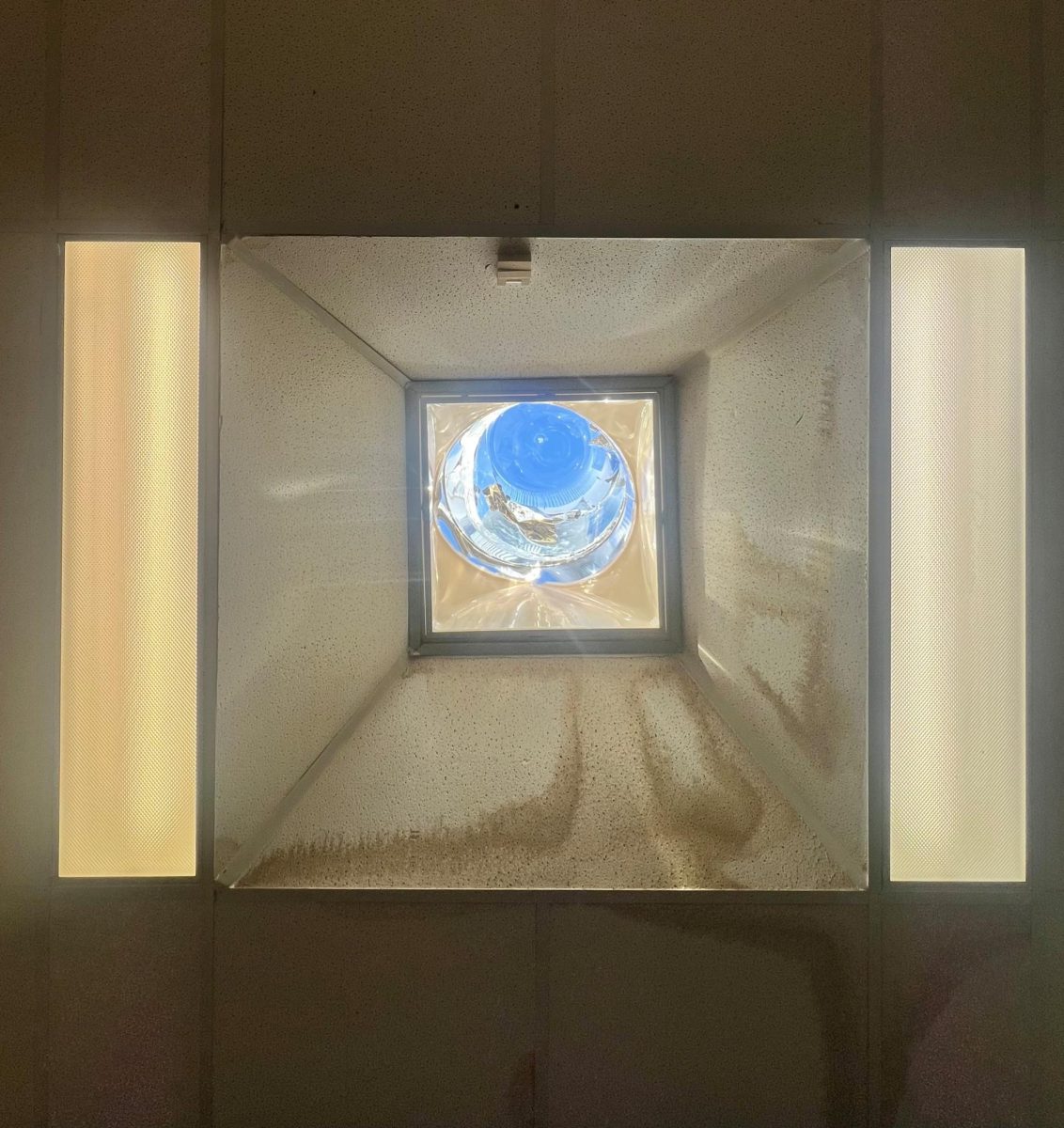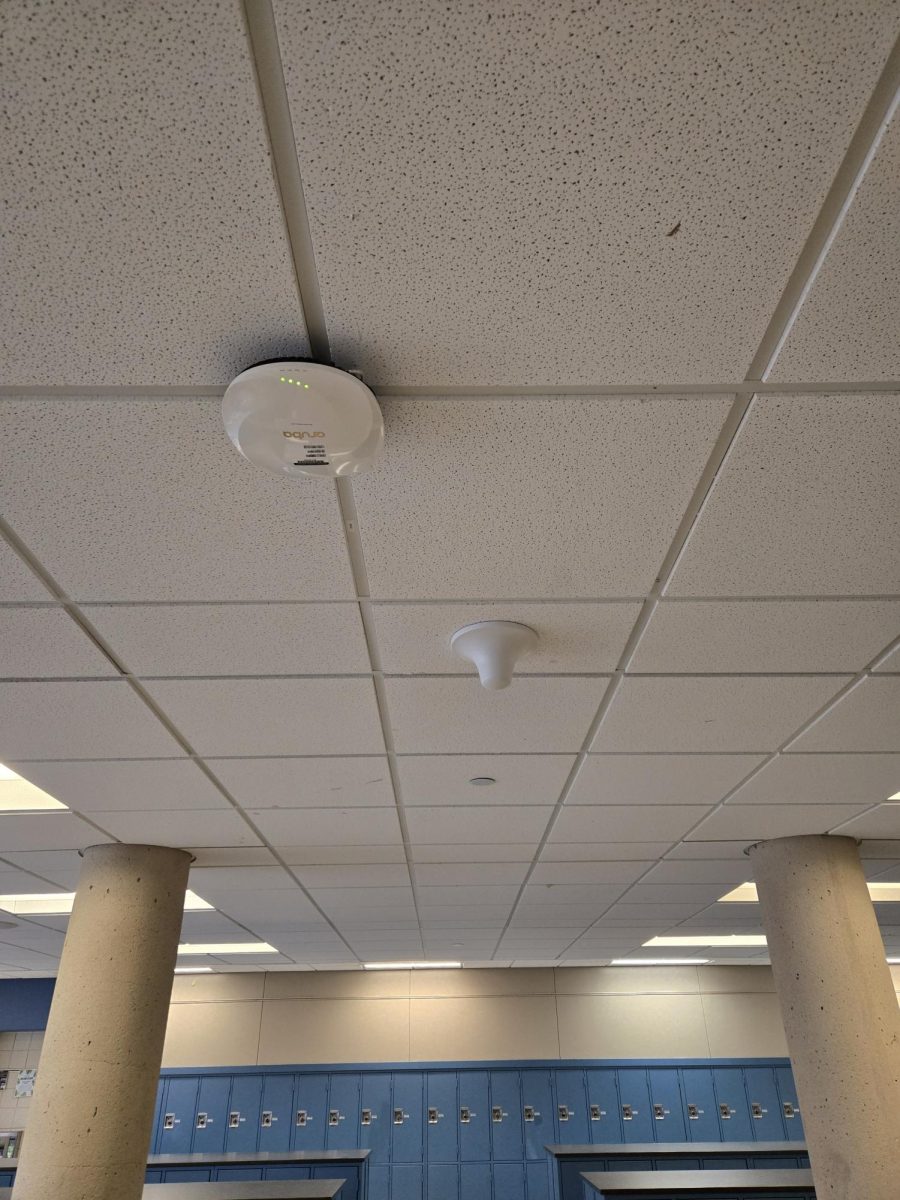 According to the National Sleep Foundation, teenagers ages 13-19 need 9 to 10 hours of sleep on average, but only 15% of the American teen population actually achieves this. The other 85% are considered moderately to severely sleep deprived. Sleep deprivation creates a huge amount of problems from increased car accidents to lower test scores to a weakened immune system.
According to the National Sleep Foundation, teenagers ages 13-19 need 9 to 10 hours of sleep on average, but only 15% of the American teen population actually achieves this. The other 85% are considered moderately to severely sleep deprived. Sleep deprivation creates a huge amount of problems from increased car accidents to lower test scores to a weakened immune system.
In David Meyers Psychology Eight Edition in modules text, he process of sleeping teenagers is described from a psychological and biological standpoint. Naturally, teenagers are wired to stay up later in the night and need more sleep in the morning. So when they have to get up at 6am to go to school, this creates what is known as a sleep debt. Sleep debt is when you constantly are getting less than the suggested amount of sleep. Piling on to one’s sleep debt leads to sleep deprivation. To counteract this, teenagers will sleep in on the weekends, which just messes up their biological clock even more and doesn’t fix their sleep debt. The only way to fix sleep debt, is to get a continuous week of sleep that consists of 8-10 hours every night.
When running low on sleep, students do not perform as well on exams and do not function as highly during their early morning classes. Starting high school at 7:30 am leads to exhausted students with a ‘limited ability to learn, listen, concentrate, and solve problems’ according to the National Sleep Foundation.
Meyer’s Pychology book outlines how these learning and processing issues are occurring because a teenager’s brain does not fully ‘wake up’ until around 9am. Until then they are not functioning at their sharpest, clearest capability. During sleep, the suprachiasmatic nucleus in the brain produces a sleep inducing chemical called melatonin. As morning comes around, the production of melatonin decreases so that when you wake up, you will no longer feel sleepy. However in teenagers, melatonin production does not fully decrease until later in the morning around 9am, until then their brains are still in ‘sleepy mode’. So, when high schools are requiring a start time of 7:30 am, their students are not reaching their full thinking and processing capacity until around the second or third period of the day.
Now the other side of the sleep debate is that teens are often dealing with the problem of staying up late. While critics would say this is a teenager’s own fault, biology states otherwise. According to Meyers, teenagers sleep patterns shift during this period of their lives, making it so that it is actually difficult for them to fall asleep before 10 pm. A lot of times, it’s not that they want to stay up, it’s that they literally cannot sleep until their biological clock kicks in and their normal sleep pattern ensues which isn’t until later in the night.
Also, with irregular sleep patterns of staying up late, waking up early, and then sleeping in on weekends it messes up their biological clock further. This means that even though they are getting more sleep on the weekends, they are even more sleep deprived come Monday morning at 6:00 am when they’re used to being up later and sleeping in later.
Due to the recent research on sleep deprivation in teens, a debate on whether or not high school should start later has ensued. On one hand, starting school later would likely produce higher test scores and more engaged students. But on the other hand, starting school later creates another world of problems when it comes to ending the school day later or increasing the school year to compensate for that later hour in the morning.
There are more serious problems that sleep deprivation can cause than just school related issues. Inadequate rest creates, “emotional instability, increased aggressive attitudes, and increased stress,” stated by the National Sleep Foundation website. Sleep deprivation also weakens your immune system and makes you more susceptible to colds and more serious illnesses. It causes more breakouts in the face and also can affect how much fat you accumulate because people who are sleep deprived are more likely to eat more high calorie carbohydrates and consume more caffeine to keep up that energy they’re desperately missing.
The problem of exhausted truck drivers being more accident prone relates back to the teenage realm in the sense that everyone who is sleep deprived and operating a vehicle can be a danger to themselves and others. On top of that, with teenagers being relatively new drivers, throwing sleep deprivation into the mix makes them even more at risk when driving.
Even worse, a giant sleep debt and constant deprivation can make a teen or anyone more susceptible to getting in car accidents. When driving in a drowsy state, one is not functioning at their sharpest capacity which makes them much more likely to cause an accident on the road. As an example, the majority of truck drivers are very sleep deprived and have had reported cases of falling asleep while driving
“.According to the Federal Motor Carrier Safety Administration, more than 750 people die and 20,000 more are injured each year due to directly fatigued commercial vehicle drivers,” is what the Advocates for Highway Safety website reports.
The consequences of sleep deprivation are obvious, but more importantly the benefits you miss out on by getting enough sleep are even more vital. For one, if you never slept you would eventually end up dead. Sleep is needed to repair brain tissues overnight and it promotes the growth hormones that heal your body. The most important thing sleep does for you is that it makes you refreshed and ready to take on the next day. It makes you emotionally, mentally, and physically healthy when you get the required 8-10 hours of sleep a night.
Overall, although sleep deprivation is a serious problem, you can still combat it with trying to get ready for bed 15 minutes earlier every night. Eventually, your biological clock should align to the point of where you are actually going to sleep early enough that you’ll awake at the appropriate time. Another thing you can do is to let the natural light from the sunrise fill your room in the morning, because light naturally helps you wake up in the morning. Avoiding caffeine and electronics an hour before bed will also help to get to sleep on time.


